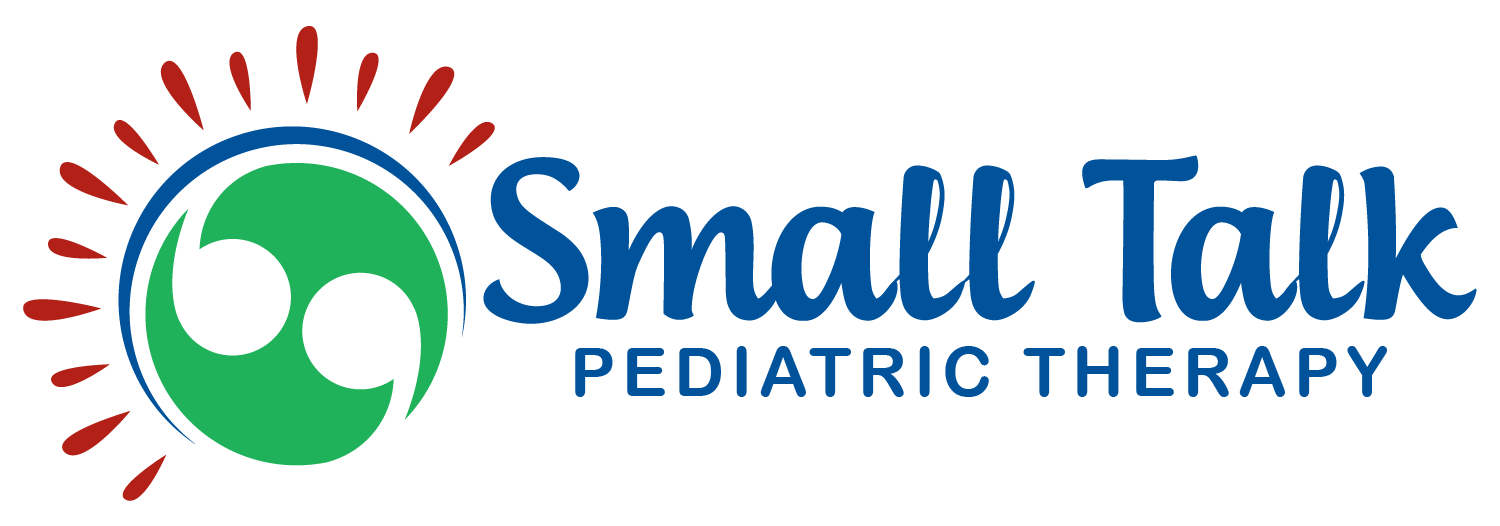With the end of summer coming closer and closer, kindergarten orientations have started we are all getting ready for the school year at Small Talk Pediatric Therapy. The most common question each parent often asks us and themselves is: “Is my child ready to start school?” It is important to understand that school readiness skills and school preparation skills are two different things and both are equally important. School Readiness skills are the key emotional and social skills which each child should possess to help their transition to school. School Preparation skills are the key academic skills which will equip your child for the learning environment at school.
The key school readiness skills that children need to have when they start kindergarten (as shown by research) include: Socialization skills, Friendship, Effective communication techniques, Conflict resolution skills.
If your child possesses these skills, they will be able to: Separate from you without distress, Toilet themselves independently, Take responsibility of their own possessions (lunchbox, backpack, hat.) Be comfortable talking to other adults (parents and grandparents don’t count, e.g. doctor, nurse.) Follow simple instructions and do as they are told, complete tasks with a good attention span and will preserve (to an extent.) Cope with change to normal routine. Initiate play and demonstrate an ability to make their own decisions and choices (not just follow the crowd). Interact with other children (interested in playing with others, share, task turns, wait, invite others to play). Communicate what they like and dislike, speak clearly in full sentences. Your child can be understand by non-family members. Resolve conflict at a basic level (not advanced skills, but an understanding that hitting or hurting others out of frustration is not good). Cope with anger and frustration appropriately. Cope with being told what to do, even if they don’t like it.
If your child is also school prepared (e.g. write their name, hold the pencil correctly, recognize numbers/ shapes etc), of course this will be of great benefit too! A child’s social and emotional competence is the core of school readiness and ensures a smooth transition to school.
If your child is able to do these things, you can be confident that they are ready for school. If your child has difficulties with a few of these things, pick one skill a week and work on this with your child. For parents that have the option to hold their child back, this list may prompt you to think if your child should start school in 2019, or wait another 12 months. If you are in this situation, it is always good to talk to the school, preschool teachers and therapists for their input as well.
If you have concerns about your child’s language or speech skills, now is the time to act! Have a look at our free checklist on our website for speech and language milestones or give us a call for more information- we are happy to help and answer any questions!

